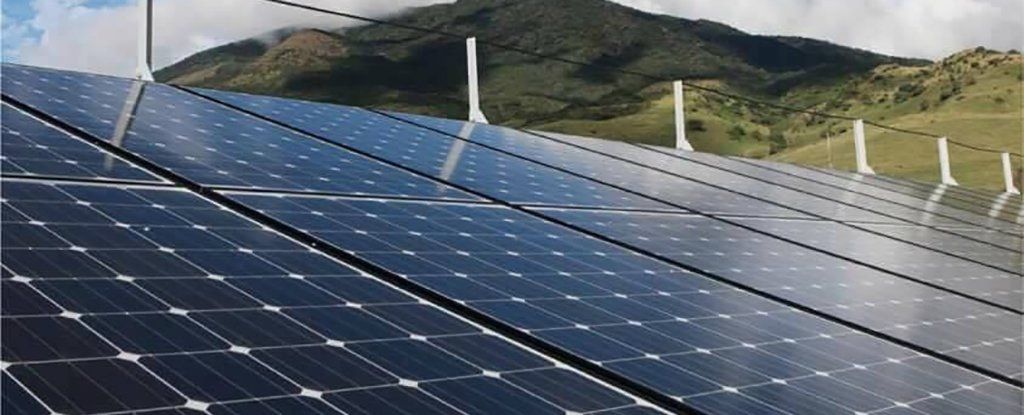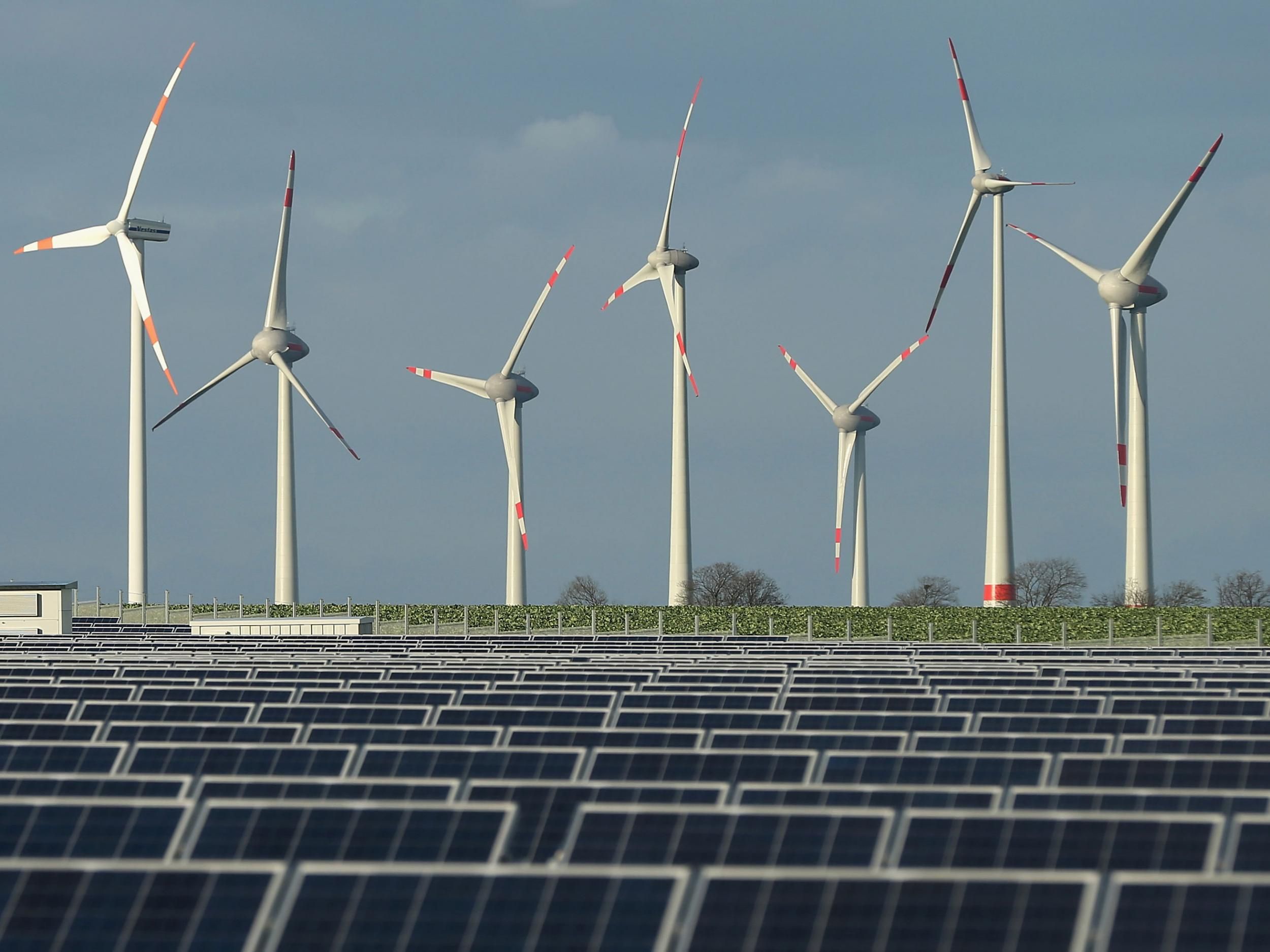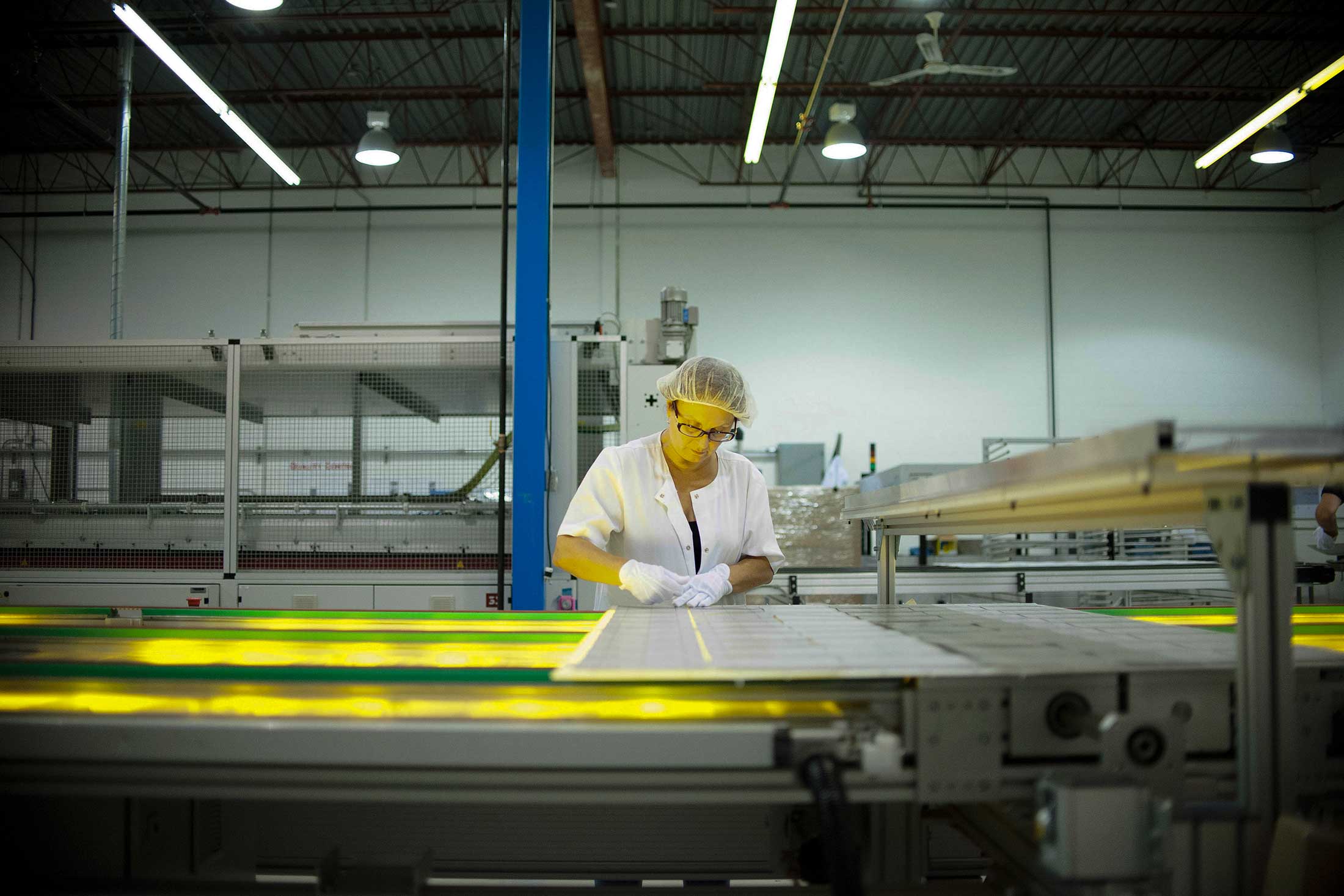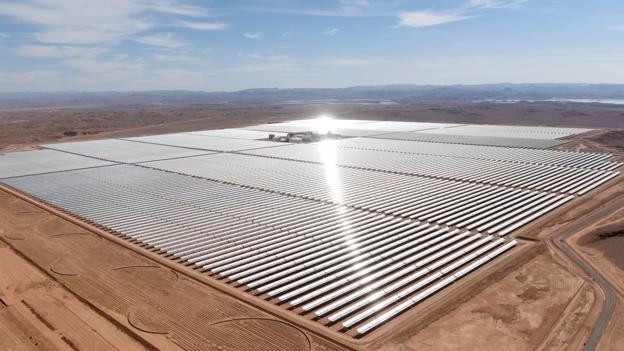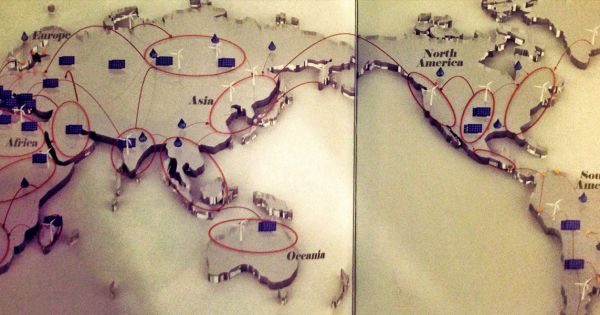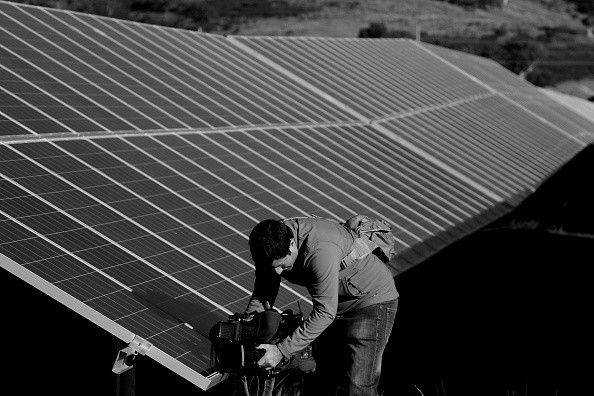Jan 4, 2017
Costa Rica Went 250 Days in 2016 Without Burning Any Fossil Fuels
Posted by Montie Adkins in categories: solar power, sustainability
READ THAT. It can be done.
A round of applause for Costa Rica: the small Central American country ran solely on renewable energy for 250 days of 2016, and over the whole year used renewables for 98.12 percent of its electricity needs.
The republic uses a mixture of renewable sources to generate its electricity including hydro, geothermal, wind, biomass, and solar energy, which meant it didn’t need to touch fossil fuels for two-thirds of the year.
Continue reading “Costa Rica Went 250 Days in 2016 Without Burning Any Fossil Fuels” »
